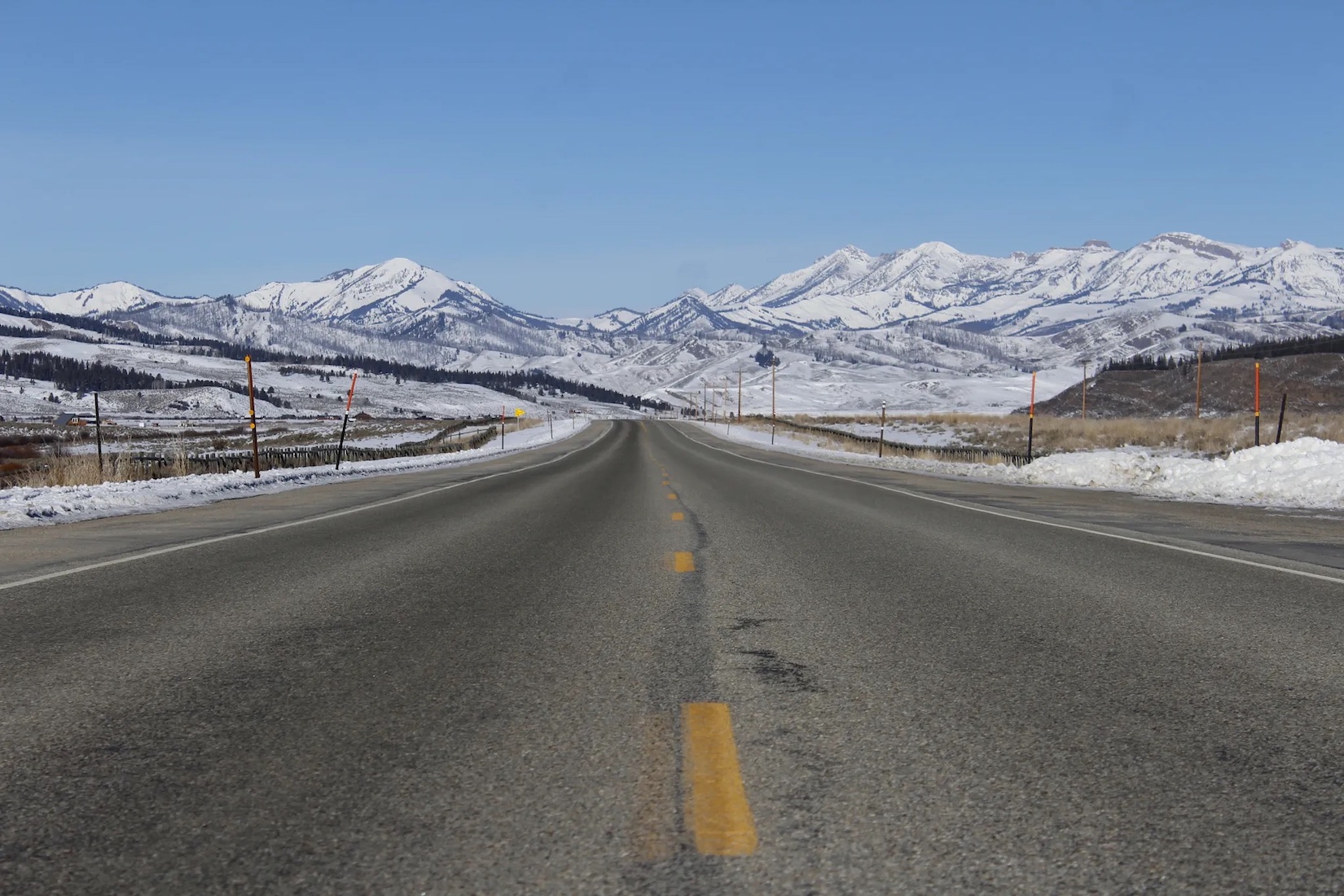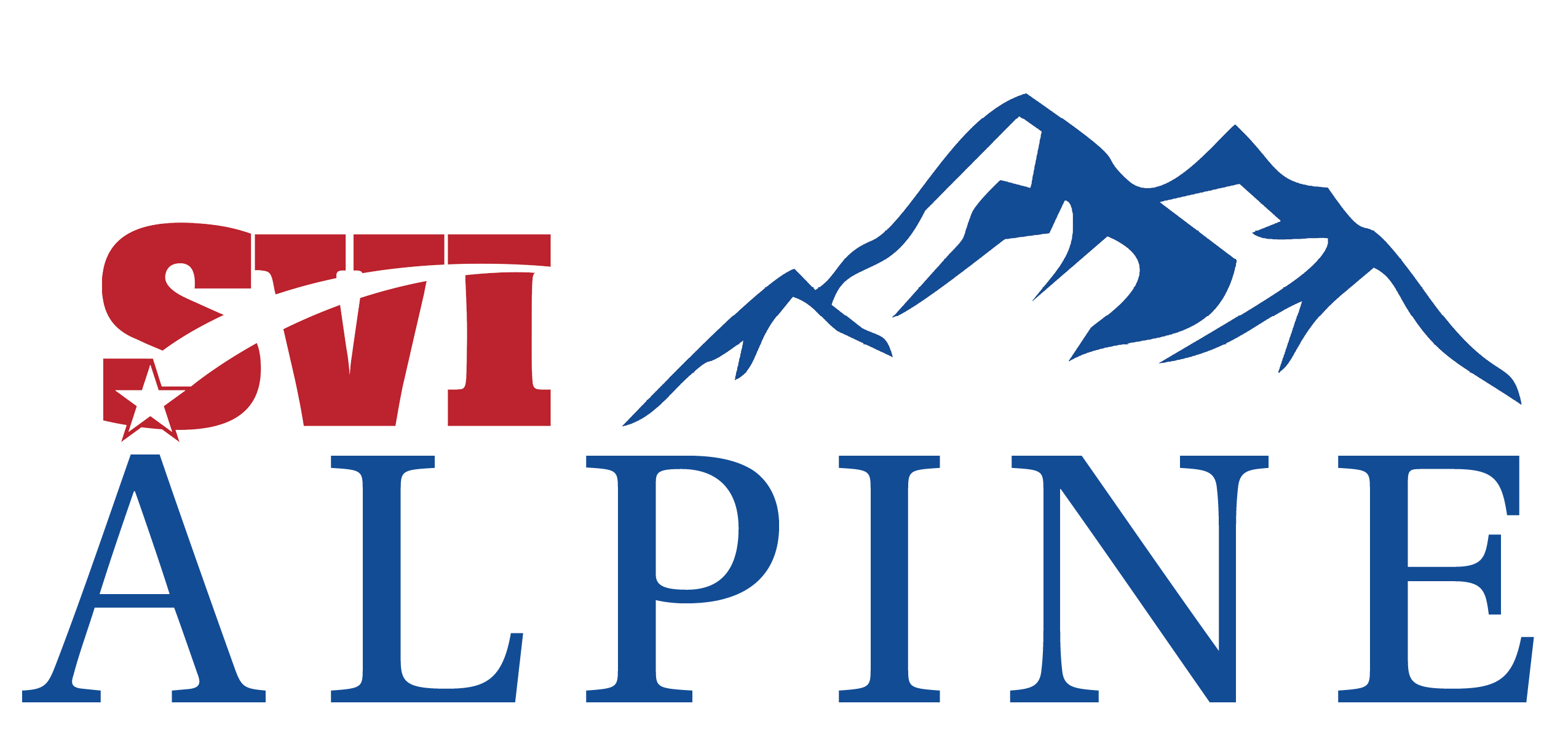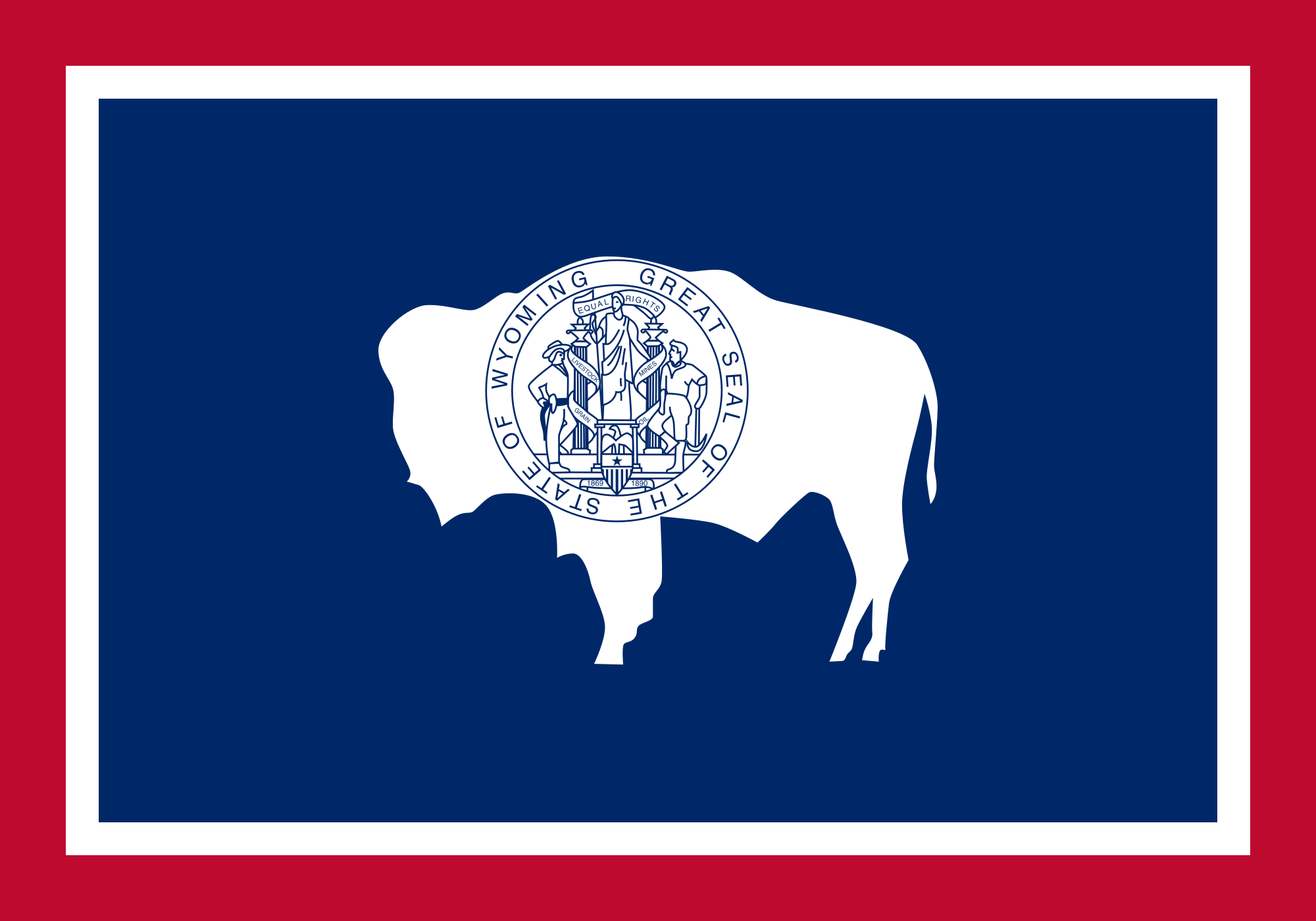Amid $400 million highway funding shortfall, Wyoming lawmakers reject fuel tax increase
By Wyoming News Exchange
October 23, 2025

Highway 191 near Bondurant. (Madelyn Beck/WyoFile)
• Since the state last hiked fuel taxes in 2013, revenue for WYDOT has lagged behind while construction costs have risen.
By Maggie Mullen, WyoFile.com
It remains unclear how Wyoming will address a $400 million annual shortfall in the state’s highway funding after lawmakers rejected a bill Monday to raise the fuel tax.
Since Wyoming last increased its fuel tax in 2013, revenue for the Wyoming Department of Transportation has lagged and construction costs associated with maintaining the state’s expansive road system have risen. The agency is responsible for roughly 6,700 miles of roads and more than 1,900 bridges, which are exposed to Wyoming’s harsh and lengthy winters.
Lawmakers, meanwhile, have failed to come up with a solution.
“To try to figure out where we’re going to find funding to put towards our roads, it’s a very difficult thing since we don’t like tolling. We don’t like [a] road usage charge. We don’t like all these other mechanisms that would raise a lot of money,” Joint Transportation, Highways and Military Affairs Committee Co-Chairman Sen. Stephan Pappas, R-Cheyenne, said at the meeting Monday.
One of the committee’s top priorities during the Legislature’s off-season, also known as the interim, included studying how WYDOT is funded and exploring solutions to reduce the department’s budget shortfall.
As such, the committee formed a working group in May and crafted legislation to incrementally hike Wyoming’s fuel taxes, which are the primary funding source for the state’s roads.
More specifically, the bill would have first increased the state’s taxation rate on gasoline, diesel and alternative fuels from 24 cents to 29 cents per gallon starting in July. In June 2028, another five-cent increase would have gone into effect. The bill also increased certain fees for snowmobiles, motorboats and off-road vehicles.
Registration and user fees for snowmobiles would have increased from $28.75 to $35 in July, and then to $41.25 in June 2028. Motorboats using Wyoming waters are required to display an aquatic invasive species decal, whose cost would have increased for nonresident boaters. User registration fees for off-road vehicles would have risen from $18.40 to $22.40 and then $26.40 over the same period.
Several groups spoke in favor of the legislation at Monday’s meeting in Cheyenne, including the Wind River Intertribal Council’s Department of Transportation and the Associated Contractors of Wyoming.
“Driving down today, it was raining and snowing, and [I] was thinking of today’s meeting and just noticing every little crack and watching that water get in there. And boy, if we don’t seal those up, it’s going to get worse and worse,” said Kevin Hawley, president of the Wyoming Trucking Association.
“This isn’t a silver bullet, but we have to keep chipping away at it,” Hawley said, adding that his organization’s board voted unanimously to support the bill.
The committee voted 7-5, with two excused, against sponsoring the legislation.
If lawmakers are not able to find a funding mechanism to address the mounting deficit, Pappas said they may be forced to cover highway costs with General Fund dollars — one of Wyoming’s primary financial accounts that other state programs and services already rely on.
Such was the case earlier this year when lawmakers voted to redistribute sales and use taxes collected on motor vehicles and trailers from the general fund to the highway fund. The redistribution was estimated to provide an additional $70 million to WYDOT annually.
It also appropriated $15 million from the state’s rainy day fund for the purpose of repairing and maintaining tunnels on I-80, where a massive pileup outside Green River in February killed three people and injured 18.
Before the committee voted down the fuel tax bill on Monday, Rock Springs Republican Rep. Cody Wylie asked WYDOT if it could create a “visual report” to illustrate “what’s going to happen if we start triaging our roads.”
“I think we need to take it down to our communities and everything else and work outwards, so people are understanding if we don’t create some kind of funding mechanism or a way to stretch the peanut butter on the toast that we talk about all the time, what we’re going to start losing,” Wylie said.
Monday’s meeting was the last for the Joint Transportation Committee this interim. The 2026 budget session begins Feb. 9.
WyoFile is an independent nonprofit news organization focused on Wyoming people, places and policy.
The above story may be used ONLY by members of the Wyoming News Exchange or with the express consent of the newspaper of its origin.

